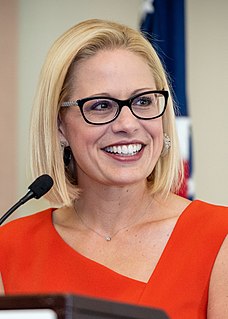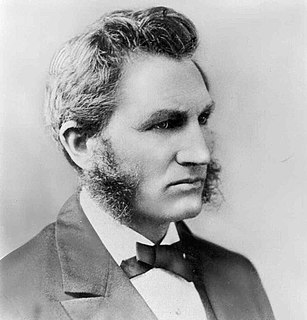A Quote by Henry Giroux
I think the other side of this is in this balance between the social state and the punishing state, remember, the social state has been decimated. And the question becomes, how is finance capital, how does the 1 percent now resort to governing? And they govern basically through a form of lawlessness and what I call the punishing state, in which we've had a punishment creep, and now it moves from the prison to almost every institution in society, from airports to schools to social services.
Quote Topics
Airports
Almost
Balance
Basically
Becomes
Been
Between
Call
Capital
Creep
Does
Every
Finance
Form
Govern
Governing
Had
How
Institution
Lawlessness
Moves
Now
Other
Percent
Prison
Punishing
Punishment
Question
Remember
Resort
Schools
Services
Side
Social
Social Service
Society
State
Think
Through
Which
Related Quotes
We also need to find a language capable of defending government as an element of the common good, one that does not define itself as both a punishing and corporate state. This is not merely a matter of redefining sovereignty, but also rethinking what is distinctive about the social state, social responsibility, and the common good.
The challenges that young people are mobilizing against oppressive societies all over the globe are being met with a state-sponsored violence that is about more than police brutality. This is especially clear in the United States, given its transformation from a social state to a warfare state, from a state that once embraced a semblance of the social contract to one that no longer has a language for justice, community and solidarity - a state in which the bonds of fear and commodification have replaced the bonds of civic responsibility and democratic vision.
Against the tyranny of forgetting, educators, young people, social activists, public intellectuals, workers and others can work to make visible and oppose the long legacy and current reality of state violence and the rise of the punishing state. Such a struggle suggests not only reclaiming, for instance, education as a public good but also reforming the criminal justice system and removing the police from schools.
God has ordained the state as a delegated authority; it is not autonomous. The state is to be an agent of justice, to restrain evil by punishing the wrongdoer, and to protect the good in society. When it does the reverse, it has no proper authority. It is then a usurped authority and as such it becomes lawless and is tyranny.
[T]here are, at bottom, basically two ways to order social affairs, Coercively, through the mechanisms of the state - what we can call political society. And voluntarily, through the private interaction of individuals and associations - what we can call civil society. ... In a civil society, you make the decision. In a political society, someone else does. ... Civil society is based on reason, eloquence, and persuasion, which is to say voluntarism. Political society, on the other hand, is based on force.
It is unfortunately none too well understood that, just as the State has no money of its own, so it has no power of its own. All the power it has is what society gives it, plus what it confiscates from time to time on one pretext or another, there is no other source from which State power can be drawn. Therefore every assumption of State power, whether by gift or seizure leaves society with so much less power; there is never, nor can be, any strengthening of State power without a corresponding and roughly equivalent depletion of social power.
The idea that the State is capable of solving social problems is now viewed with great skepticism - which foretells a coming change. As soon as skepticism is applied to the State, the State falls, since it fails at everything except increasing its power, and so can only survive on propaganda, which relies on unquestioning faith.
The State, of course, is absolutely indispensable to the preservation of law and order, and the promotion of peace and social cooperation. What is unnecessary and evil, what abridges the liberty and threatens the true welfare of the individual, is the State that has usurped excessive powers and grown beyond its legitimate function - the super-State, the socialist State, the redistributive State, in brief, the ironically misnamed 'Welfare State.'
The nature of the issues facing U.S. students is a bit more complicated in the U.S. because the assault on the social state, until recently, has been more incremental [i.e. the stripping of public services and so forth], whereas in Britain with the rise of the conservative-liberal government, it was immediate and bold in its assault on the social state and higher education.
Venezuela, Ecuador, Bolivia, and Nicaragua have made a tremendous leap just by rejecting the neoliberal adjustment policies, they are making a statement from the social perspective. Capital in these cases has not been protected in any way which along with non - interference of the state is what neo liberalism stands for. It has gone the other way around; they have looked for social policies from the political movements and then when they have acquired the power of those political movements they have become in charge of the State.
There are those, on the one hand, who hope to achieve the social revolution through the State by preserving and even extending most of its powers to be used for the revolution. And there are those like ourselves who see the State, both in its present form, in its very essence, and in whatever guise it might appear, an obstacle to the social revolution, the greatest hindrance to the birth of a society based on equality and liberty, as well as the historic means designed to prevent this blossoming.






























